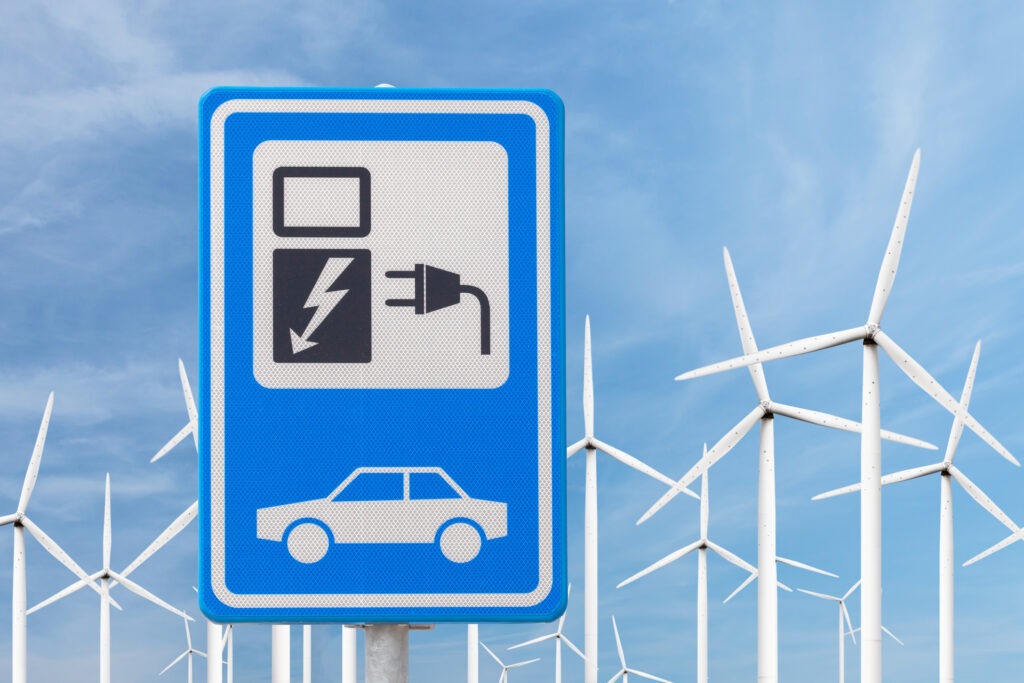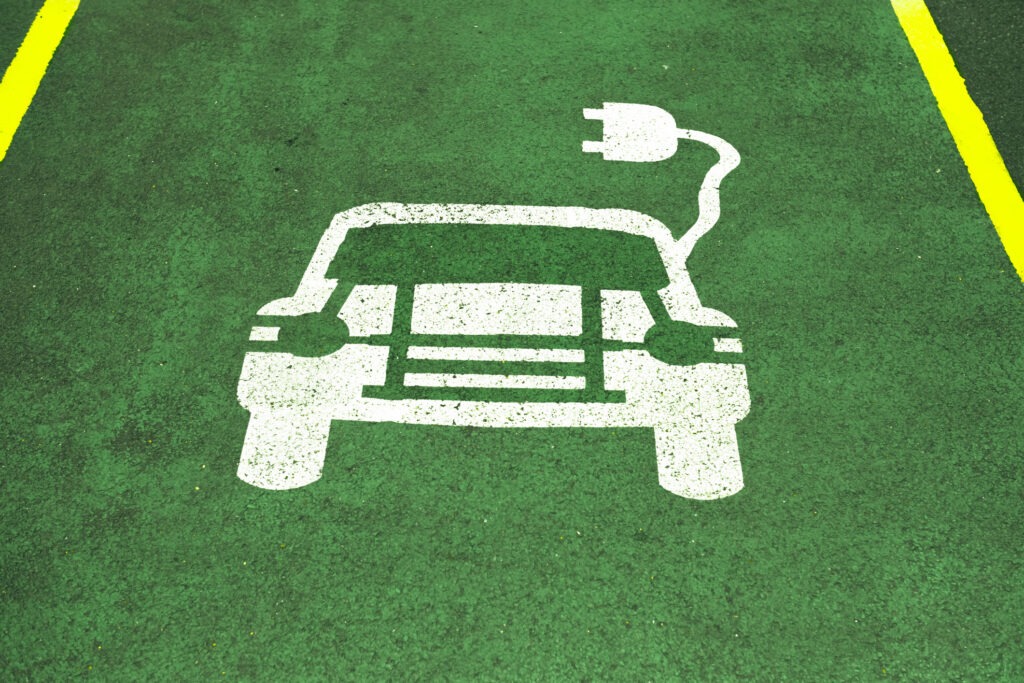All-electric vehicles zoom ahead of plug-in hybrids in the Netherlands
28 July 2023

In June, the Netherlands saw battery-electric vehicles (BEVs) pull further ahead of plug-in hybrids (PHEVs). José Pontes, data director at EV-volumes.com, considers the latest electric vehicle (EV) numbers.
A total of 18,792 EVs (BEVs and PHEVs) were registered in the Netherlands last month. These plug-in vehicles accounted for 45% of the new-car market in June and 42% in the first six months of the year. This is largely thanks to the increasing popularity of BEVs, which made up 33% of total registrations.
BEVs accounted for 73% of the EV market in June, boosting the average across the first half of the year to 69%. This trend should continue throughout 2023, likely reaching 80% by the end of the year. This would be a significant improvement over the 69% recorded across 2022, pushing PHEVs to margins and confirming BEV domination by 2025.
At the end of 2023, EVs will probably account for nearly half of the Netherlands’ overall new-car market. This would put the country’s electric transformation on track to finish before the end of this decade.
Model Y number one
With 1,778 registrations last month, the Tesla Model Y topped not just the EV market, but the entire new-car market as a whole. The Peugeot e-208 EV achieved a similar feat, securing second place in both the electric and overall market with 1,165 registrations. Representing three out of four Peugeot 208s sold in the Netherlands last month, the model did particularly well as it will soon see a significant refresh.
In third, the Tesla Model 3 recorded a surprising 860 deliveries, its best result in the Netherlands since December 2021. This meant both the Lynk & Co 01 PHEV and Volvo XC40 were knocked off the podium. Volvo even saw competition for fifth place from the surging Skoda Enyaq, which ended June just one unit behind at 588, the model’s best score in 14 months.
Both the MG ZS EV (541 units) and the MG4 (497 units) achieved record results in June. The latter could soon climb the rankings with two new versions on the way. The first is a long-range model with a 77kWh battery, capable of over 500km (WLTP) on a single charge. The second is a high-power version, which features dual motors capable of taking the BEV from 0-100kph in 3.8 seconds. However, the MG4 and the ZS EV were not the only models from the brand to hit record results, the MG5 also achieved 232 deliveries.
Stellantis placed four models in the lower half of the table including the Opel Corsa EV (11th), the Opel Mokka EV (17th), and the Citroen e-C4 EV (20th). The Peugeot e-2008 EV came in 13th, with the crossover scoring its best result in 12 months. Meanwhile, the Renault Megane EV came in 18th with just 257 units, roughly half of what the MG4 recorded.
Outside of the top 20, June witnessed the ramp-up of the Audi Q8 e-Tron, which saw 217 deliveries, the BEV’s biggest score since its facelift. Meanwhile, the Citroen e-Spacetourer scored 169 registrations, its best result in over a year. The Mini Cooper EV also nearly made the top 20 with its best score since January 2022. With 210 registrations, the British hot hatch was only 28 units behind the Citroen e-C4 EV.
Out in front
Looking at the first half of the year, the Tesla Model Y has put enough distance between itself and the Lynk & Co 01 PHEV to remain in a comfortable lead. The compact Chinese SUV saw competition from its cousin, the Volvo XC40, which followed just 156 units behind.
The Peugeot e-208 EV performed well in the first six months of 2023 with 3,458 registrations. If the transition to the refreshed model goes smoothly, the French EV could soon break into the top three before long.
Meanwhile, in fifth place, the Renault Megane EV felt the heat from VW’s MEB-based models. The VW ID.4 is now just 42 units behind and could surpass the French hatchback in July. Meanwhile, the Skoda Enyaq was up to seventh and the VW ID.3 climbed to ninth. The Tesla Model 3, benefitted from an end-of-quarter peak, allowing the sedan to jump four positions to eighth.
In the second half of the table, the BMW i4 climbed to 13th place, while the new iX1 crossover made it to 18th. The latter model can be expected to keep climbing up the table and could become the brand’s new best-selling model.
Finally, the Peugeot e-2008 EV crossover was up to 14th place, while the Hyundai Tucson PHEV returned to the table in 20th. But the Korean SUV is unlikely to hold the position for long as the MG4 is only 48 units behind in 21st place. The compact hatch can be expected to join the top 20 in July and then jump a few more positions in the future.
Volvo loses out
In the brand ranking, Volvo lost the leadership position in June. Its market share fell to 9.4%, switching positions with Tesla, which earned a 10.9% share, benefitting from its end-of-quarter peak.
Meanwhile, BMW (8% share) remained in third, while Peugeot (6.9% share) shot up from seventh in May to fourth, thanks to the strong results of its 208 and 2008 small car family.
In terms of OEMs (with brands grouped), leader Geely–Volvo lost some market share, going from 18.3% down to 16.5% in June. This was mostly due to Volvo and Lynk & Co enduring a slow month.
Second place Stellantis kept rising, claiming 16.4% of the market in June, up from 15.2% in May, thanks to positive performances from Peugeot, Opel, and Citroen.
Tesla (10.9% share) benefitted from its end-of-quarter peak and climbed to fourth, surpassing Hyundai–Kia (10.5% share) while BMW Group (9.2% share) came in sixth.



